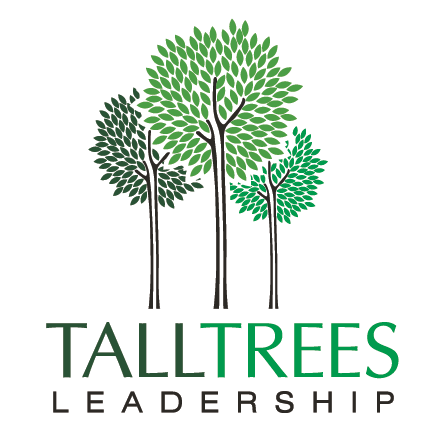
Trust: The Surprising Secret to a High Performing Team
It’s obvious that distrust will destroy a relationship. But have you ever considered that trust is the foundational - can’t live without - key to a great one?
What kind of challenges are you experiencing at work right now?
-
A team that isn’t delivering what you need them to
-
Team members who don’t work well together
-
Team members hiding things from one another
-
Hesitation for your team to collaborate with another team
-
Missed deadlines
-
Missed opportunities
-
Avoided conversations
-
Friction
-
All of the above
These challenges are common - in every workplace, every industry, every team, all across the world. We can say that confidently because humans are humans, and struggling to work with other humans is a very human thing. It can be difficult at the best of times. At the worst of times, it can be miserable or downright impossible.
What does trust have to do with it?
Human relationships are tricky because we all come to them from different backgrounds, different experiences, our own perspectives, personalities, values, and priorities. One of the biggest “things” we bring to relationships is our experience with trust. How trust has shown up in our life - what we’ve learned from countless experiences, like when we should and shouldn’t trust - will seep into every relationship we have.
Trust is at the foundation of every human relationship - inside and outside of work.
Teams who have built high trust accomplish amazing things together. Teams with low trust struggle to get anything done. Notice we use the word built. Trust doesn’t just happen, at least not typically; it has to be intentionally built and maintained, over time and weaved throughout numerous experiences. And you better bet, it can be damaged and even irreparably broken in a moment.
Trust can be built
The great news is that trust can be built if we are intentional about it. There are a set of critical behaviours that build high trust, and just as many (or more) that damage it. Charles Feltman, of Insight Coaching, has adapted a framework that specifies four domains in which we can build trust.
Care
Can we trust that another person has our best interest at heart? Do we have theirs? Do we have each other’s backs? Do we care about the relationship and the work we’re doing together?
Sincerity
Are they sincere in wanting to build a trusting relationship with us? Are we?
Reliability
Will the other person come through; can we count on them? Can they count on us?
Competence
Does the other person have the competence to do what they’ve said they would do? Are you competent to deliver on your commitments?
Most relationship breakdowns can be tied directly back to lacking trust
Have a good look at your relationships and those within your team. Are there friction points that could relate back to non-existent or broken trust? Then ask yourself the questions above to identify what the issues might be. Don’t forget about what you can’t see. Often, friction points arise from (difficult) conversations that aren’t happening.
It’s never too late to talk about trust in a team, but the earlier, the better. As a highly trusted colleague, who specializes in working with teams and building stronger trust (Ila Edgar), says: “Dig the well before you’re thirsty.” Having critical conversations about how a team will work together, including how they show trustworthy behaviours, before friction occurs makes it infinitely easier to address issues when they arise.
Resources
Check out the excellent podcast co-hosted by Charles Feltman and Ila Edgar, called Trust on Purpose. Every episode delves into how relationships can either thrive or die on the basis of trust, and offers real discussion and practical advice on how to build, maintain, and rebuild trust in all of our important relationships.
At TallTrees Leadership, we offer group coaching, both with intact teams, as well as within our cohort-based Leadership Between The Lines development program.
